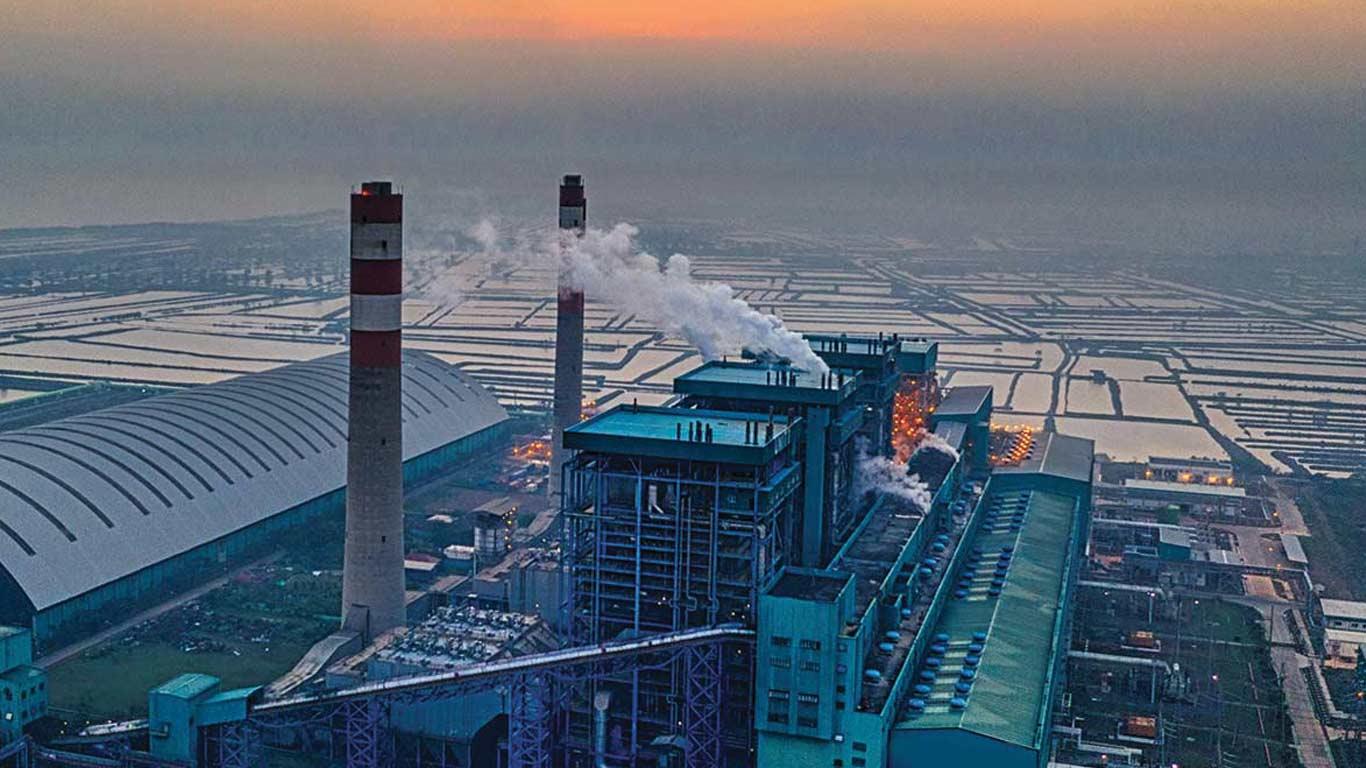
Global Emissions Rise 2.3% In 2024 India Records Highest Absolute Increase: UNEP Report
The UN report cautioned that the world is“heading for a serious escalation of climate risks and damages,” noting that current efforts remain insufficient to meet global temperature goals, according to TOI.
The analysis showed that India recorded the highest absolute increase in emissions, followed by China, Russia, Indonesia, and the United States. In contrast, the European Union was the only major emitter to register a decline.
The rise in emissions excludes land-use and forestry changes, focusing primarily on fossil CO2, methane, nitrous oxide, and fluorinated gases.
The 2.3 per cent global rise marks a sharp acceleration compared with the 1.6 per cent increase in 2023, and exceeds the 2010s annual average of 0.6 per cent. Indonesia recorded the highest growth rate at 4.6 per cent, followed by India at 3.6 per cent and China at 0.5 per cent.
Per capita emissions remained above the global average of 6.4 tons of CO2 equivalent in the US, Russia, China, and the EU, but were significantly lower in India and Indonesia.
Despite new mitigation pledges, the report projects that the global average temperature is on track to rise 2.3–2.5°C above pre-industrial levels by the end of the century, even if countries fully implement their current commitments.
Under existing policies, the temperature could rise to 2.8°C, placing the Paris Agreement's 1.5°C goal at risk in the near term. While the projections mark a slight improvement from last year's forecast of 2.6–2.8°C, the updated pledges remain inadequate.
To align with the Paris Agreement, the report estimates that global emissions must fall by 35 per cent by 2035 to stay below 2°C, and by 55 per cent to remain within 1.5°C.
UNEP Executive Director Inger Andersen warned that while national climate plans have made some progress, they are“nowhere near fast enough”, urging“unprecedented emissions cuts within an increasingly tight window”.
The report's release comes ahead of the UN Climate Conference (COP30), scheduled in Belem, Brazil, from November 10–21, where nations are expected to present new or updated Nationally Determined Contributions (NDCs) for 2035.
As of September 30, only 64 countries, representing 63 per cent of global emissions, had submitted or announced new NDCs. India is expected to submit its updated target in the coming days.
Despite a decade of efforts since the Paris Agreement, the report concludes that global climate pledges continue to fall short of the required pace, with significant implementation gaps and nations not on track to meet their 2030 or 2035 targets.
(KNN Bureau)
Legal Disclaimer:
MENAFN provides the
information “as is” without warranty of any kind. We do not accept
any responsibility or liability for the accuracy, content, images,
videos, licenses, completeness, legality, or reliability of the information
contained in this article. If you have any complaints or copyright
issues related to this article, kindly contact the provider above.


















Comments
No comment